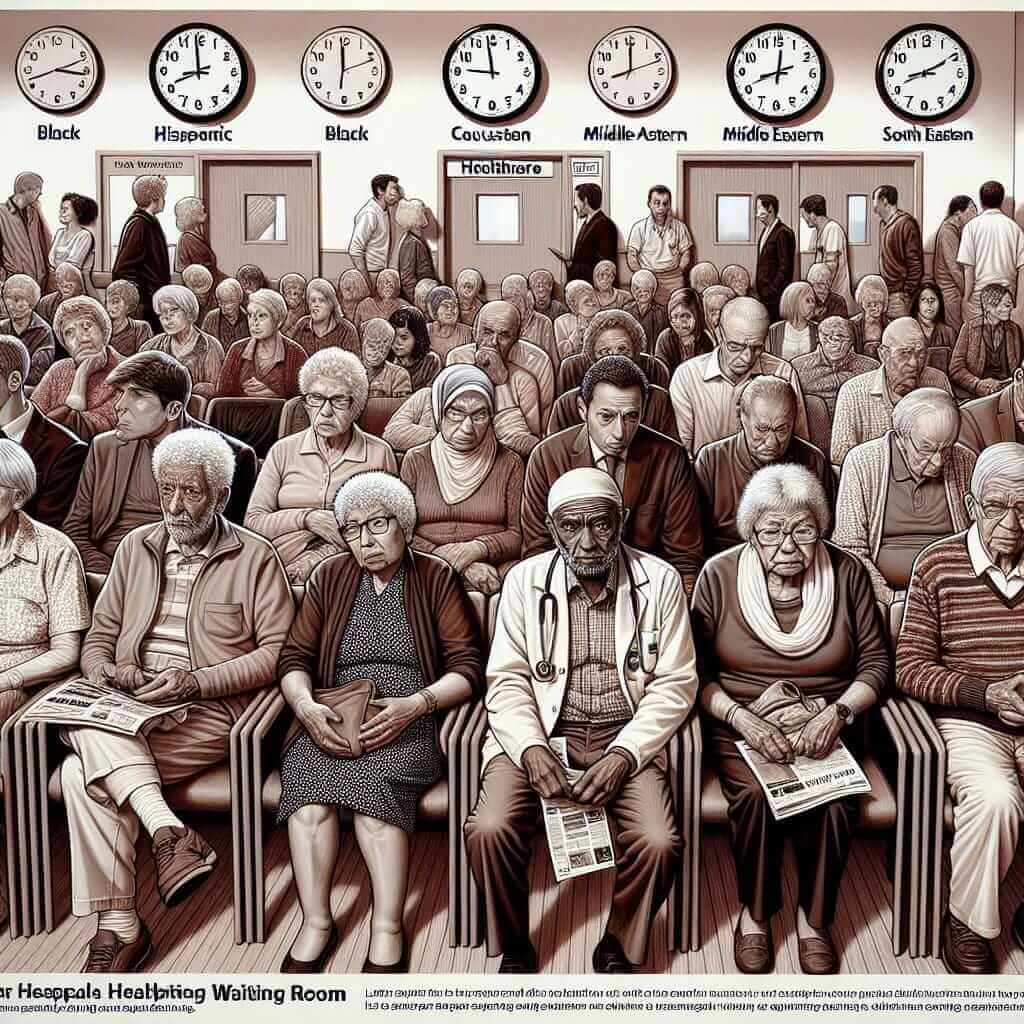The effects of an aging population on healthcare systems is a pressing global issue that frequently appears in IELTS Writing Task 2. This essay will delve into this complex topic, analyzing its implications and providing a model answer for a sample IELTS question.
Sample IELTS Essay Questions
Here are some potential IELTS Writing Task 2 questions related to this topic:
- In many countries, the proportion of elderly people is increasing steadily. What are the effects of this trend on healthcare systems?
- The aging population is placing an unprecedented strain on healthcare resources worldwide. What measures can governments and individuals take to address this challenge?
- Some people argue that governments should prioritize funding for elderly care, while others believe that resources should be directed towards other areas, such as education and infrastructure. Discuss both views and give your own opinion.
Model Essay:
Question: In many countries, the proportion of elderly people is increasing steadily. What are the effects of this trend on healthcare systems?
Answer:
The global demographic shift toward an older population is placing unprecedented pressure on healthcare systems worldwide. While an aging population signifies advancements in social and economic development, it also presents significant challenges, particularly in the realm of healthcare.
One of the most significant effects of an aging population is the increased demand for healthcare services. As people age, they are more likely to experience chronic illnesses such as heart disease, cancer, and dementia. These conditions require long-term care and specialized treatment, placing a considerable strain on healthcare resources. Hospitals face bed shortages, wait times for procedures increase, and the demand for qualified healthcare professionals surpasses supply.
Furthermore, the financial burden on healthcare systems intensifies with an aging population. The elderly require more frequent medical attention and often rely on government-funded healthcare programs. This increased expenditure, coupled with a shrinking workforce and tax base, creates significant economic challenges for governments striving to maintain quality healthcare for all citizens.
 Aging Population Healthcare Strain
Aging Population Healthcare Strain
However, the effects of an aging population on healthcare are not solely negative. The increasing life expectancy also presents an opportunity to redefine traditional models of care. Preventative healthcare, focusing on healthy aging and early detection of diseases, can mitigate the long-term impact of age-related illnesses. Furthermore, technological advancements in telemedicine and remote patient monitoring offer innovative solutions for delivering cost-effective care to an aging population.
In conclusion, the aging population presents both challenges and opportunities for healthcare systems. While the increasing demand for services and the financial strain are undeniable, embracing preventative care and technological advancements can help create sustainable and effective healthcare models for the future. Addressing this complex issue will require a multifaceted approach involving governments, healthcare providers, and individuals alike.
Word count: 285
Writing Notes:
- Structure: The essay follows a clear structure: introduction, body paragraphs (addressing different aspects of the topic), and a conclusion.
- Vocabulary: The essay uses a range of vocabulary related to healthcare and demographics (e.g., “chronic illnesses,” “government-funded healthcare programs,” “preventative healthcare”).
- Grammar: The essay demonstrates control over complex grammatical structures (e.g., “While…also…” construction to show contrasting ideas).
- Coherence and Cohesion: The essay flows smoothly with clear transitions between paragraphs and ideas.
Vocabulary:
- Demographic shift (noun): A change in the characteristics of a population over time, such as age, gender, or ethnicity. (ˌdeməˈɡræfɪk ʃɪft)
- Unprecedented (adjective): Never done or known before. (ʌnˈpresɪdentɪd)
- Chronic illnesses (noun): Long-term health conditions that are generally incurable. (ˈkrɒnɪk ˈɪlnəsɪz)
- Intensifies (verb): Becomes stronger or more severe. (ɪnˈtensɪfaɪz)
- Shrinking workforce (noun): A decreasing number of people working or available to work. (ˈʃrɪŋkɪŋ ˈwɜːkfɔːs)
- Tax base (noun): The total amount of income or assets that a government can tax. (ˈtæks beɪs)
- Preventative healthcare (noun): Measures taken to prevent illness and promote health. (prɪˈventətɪv ˈhɛlθkeər)
- Telemedicine (noun): The use of telecommunications technology to provide healthcare services remotely. (ˌtɛlɪˈmɛdsɪn)
- Remote patient monitoring (noun): The use of technology to monitor patients’ health status outside of a traditional healthcare setting. (rɪˈmoʊt ˈpeɪʃənt ˈmɒnɪtərɪŋ)
- Multifaceted (adjective): Having many different aspects or features. (ˌmʌltiˈfæsɪtɪd)
Conclusion
This essay provides a starting point for understanding the complex relationship between aging populations and healthcare systems. By reviewing the model answer, analyzing the vocabulary, and practicing writing on this topic, IELTS test-takers can improve their ability to address this pressing global issue in their writing. Remember to explore related subtopics and formulate your own arguments to excel in the IELTS Writing Task 2.


